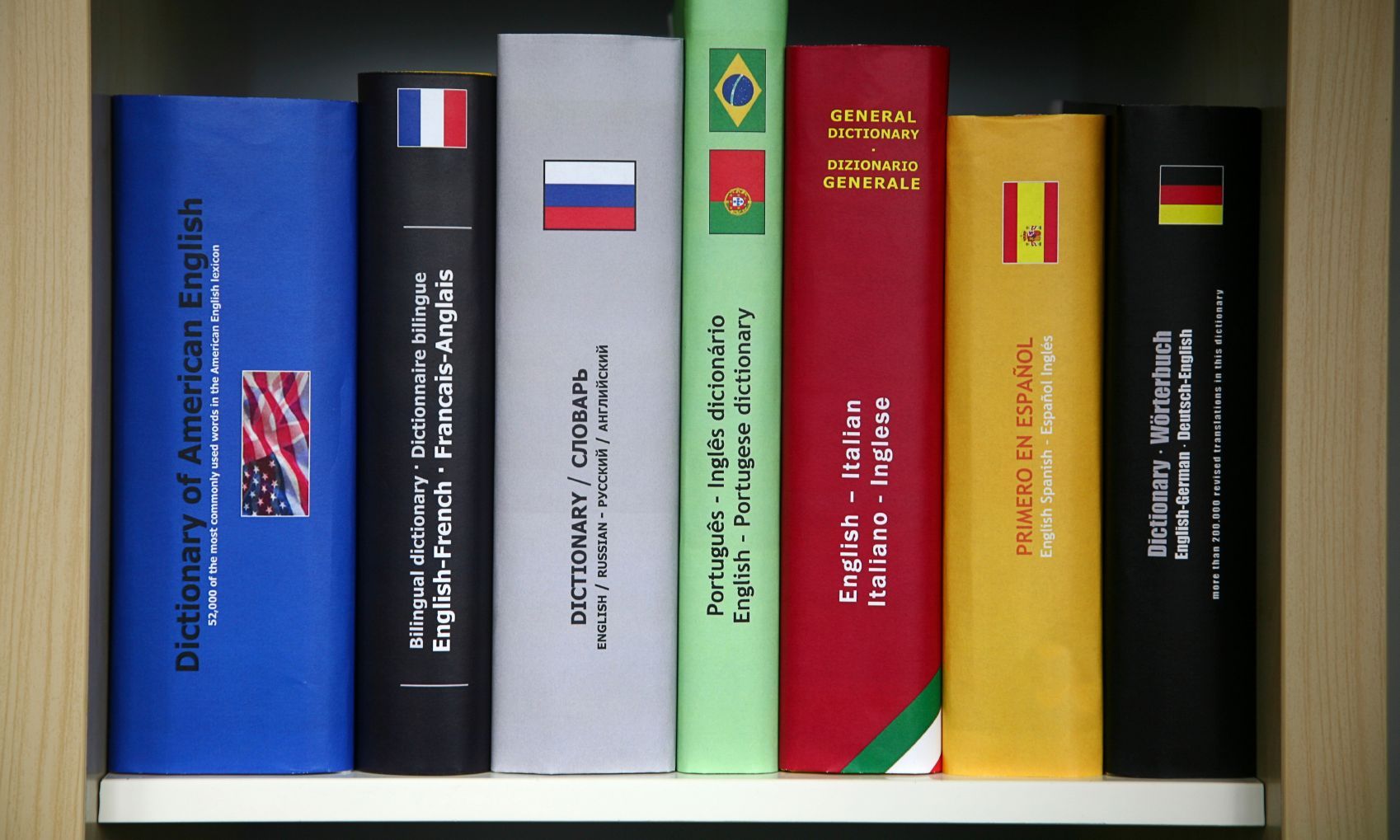INTERNATIONAL BUSINESS REVIEW JOURNAL
Ethics in Publishing
Home
Submit your Paper
Editorial Board
Guide to Authors
Retractions
View Articles
Downloadable resources
1. Ethics in research & publication guide
2. Plagiarism guide
3. Research fraud guide
ETHICS
The publication of an article in a peer-reviewed journal is an essential building block in the development of a coherent and respected network of knowledge. It is a direct reflection of the quality of work of the author and the institutions that support them. Peer-reviewed articles support and embody the scientific method. It is therefore important to agree upon standards of expected ethical behavior.
Find information about how to publish ethically in our Guide to Ethical Publishing
Ethics topics to consider when publishing:
Authorship of the paper:
Authorship should be limited to those who have made a significant contribution to the conception, design, execution, or interpretation of the reported study. Transparency about the contributions of authors is encouraged, for example in the form of a CRediT author statement.
Originality and plagiarism:
The authors should ensure that they have written entirely original works, and if the authors have used the work and/or words of others, that this has been appropriately cited or quoted.
Data access and retention:
Authors may be asked to provide the raw data in connection with a paper for editorial review, and should be prepared to provide public access to such data.
Multiple, redundant or concurrent publication:
An author should not in general publish manuscripts describing essentially the same research in more than one journal or primary publication. Elsevier does not view the following uses of a work as prior publication: publication in the form of an abstract; publication as an academic thesis; publication as an electronic preprint. Note: some society-owned titles and journals that operate double-blind review have different policies on prior publication. Information on prior publication is included within each Elsevier journal’s guide for authors.
Acknowledgement of sources:
Proper acknowledgment of the work of others must always be given.
Disclosure and conflicts of interest: All submissions must include disclosure of all relationships that could be viewed as presenting a potential conflict of interest.
Fundamental errors in published works:
When an author discovers a significant error or inaccuracy in his/her own published work, it is the author's obligation to promptly notify the journal editor or publisher and cooperate with the editor to retract or correct the paper.
Reporting standards:
Authors of reports of original research should present an accurate account of the work performed as well as an objective discussion of its significance.
Hazards and human or animal subjects:
Statements of compliance are required if the work involves chemicals, procedures or equipment that have any unusual hazards inherent in their use, or if it involves the use of animal or human subjects.
Use of patient images or case details:
Studies on patients or volunteers require ethics committee approval and informed consent, which should be documented in the paper.
03
Recently published articles
Consulta nuestro amplio surtido

Research article
Towards a circular economy: An emerging economies context
Nitin Patwa, ... Kunal Hingorani
In Press, Corrected Proof, Available online 6 June 2020
Download PDF

Libros infantiles
Research article
Covid-19’s Impact on Supply Chain Decisions: Strategic Insights for NASDAQ 100 Firms using Twitter Data
Amalesh Sharma, ... Sourav Bikash Borah
In Press, Journal Pre-proof, Available online 12 June 2020

Research Article
Covid-19’s Impact on Supply Chain Decisions: Strategic Insights for NASDAQ 100 Firms using Twitter Data
Amalesh Sharma, ... Sourav Bikash Borah
In Press, Journal Pre-proof, Available online 12 June 2020
Download PDF
